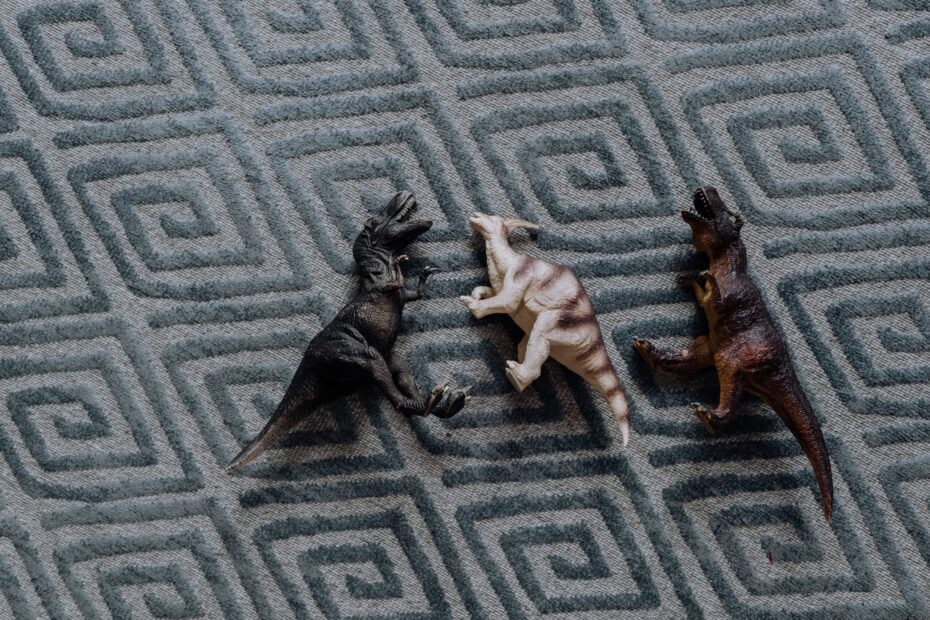Introduction
Choosing the right carpet can be a daunting task, given the array of options available in the market. Material, texture, color, and price are among the key factors to consider. In case you live in Toronto and don’t have any waterproofing measures in place, like basement underpinning in Hamilton, it’s especially important.
For homeowners living in areas prone to high humidity or dampness, one key characteristic is critical – moisture resistance. In this article, we delve deep into the world of moisture-resistant carpets, with a focus on the why, what, and how of choosing the best option.
Why Choose Moisture-Resistant Carpets
Moisture-resistant carpets are designed to withstand dampness and humidity, making them the perfect choice for homes in moist climates or rooms exposed to water, such as the basement or bathroom. Steak spills, pet accidents, and more can be easily cleaned with minimal risk of drenching the material.
These carpets resist moisture absorption, commonly resulting in a longer lifespan compared to conventional carpets. They also discourage the growth of mold and mildew which thrive in damp conditions. By inhibiting these potentially harmful organisms’ growth, moisture-resistant carpets contribute to a healthier indoor environment.
Materials for Moisture-Resistant Carpets
When choosing carpets, the material is a key factor to consider. Some materials are more naturally resistant to moisture than others. Synthetic fibers, like nylon and polyester, are great choices as they do not absorb water easily. In addition, they are generally more resilient and durable.
On the other hand, carpets made from natural fibers – such as wool, are not the best choice for areas prone to moisture. Wool absorbs water, which can lead to growth of mildew or mold. However, it’s important to note that even synthetic carpets need to be cleaned regularly to ensure longevity and optimum moisture resistance.
Moisture-Resistant Carpet Padding
For enhanced protection against moisture, consider the underlying carpet padding. Rubber-slab carpet padding is a particularly wise choice for moisture-prone areas. It is dense and doesn’t absorb water, providing an additional protection layer to your carpet.
Choosing carpet padding with antimicrobial properties can prevent mold growth by repelling moisture and are ideal for basements and other areas susceptible to high moisture.
Maintaining Moisture-Resistant Carpets
Maintenance is crucial in preserving the moisture-resistant properties of your carpet and ensuring its longevity. Regular vacuuming can help remove dirt and allergens that may compromise the carpet’s fabric. It’s just as essential to clean up spills immediately and not allow them to seep into the carpet fibers.
Professional deep cleaning at least once a year is advised to maintain the carpet’s appearance and hygiene. Be sure to choose a cleaning service experienced in dealing with moisture-resistant carpets to avoid damaging the material.
Regardless of their moisture-resistant properties, it’s beneficial to reduce humidity levels in your home using a dehumidifier or enhancing air circulation whenever possible.
Conclusion
Choosing a moisture-resistant carpet is a smart move for homes in humid climates, for rooms exposed to moisture, or for homes simply aiming for better durability and longevity of their flooring. Material selection, thoughtful padding, and proper maintenance are key factors in making the most of moisture-resistant carpets.
Remember, no carpet is fully waterproof, and regular cleaning is crucial to prevent the accumulation of dirt and allergens which may compromise its durability.
Equipped with the right knowledge, you can now confidently navigate the realm of moisture-resistant carpets, ensuring you make the best, most-informed decision for your home. Your new carpet will not only repel unwanted moisture but also contribute to a cleaner, healthier living environment for you and your family.
